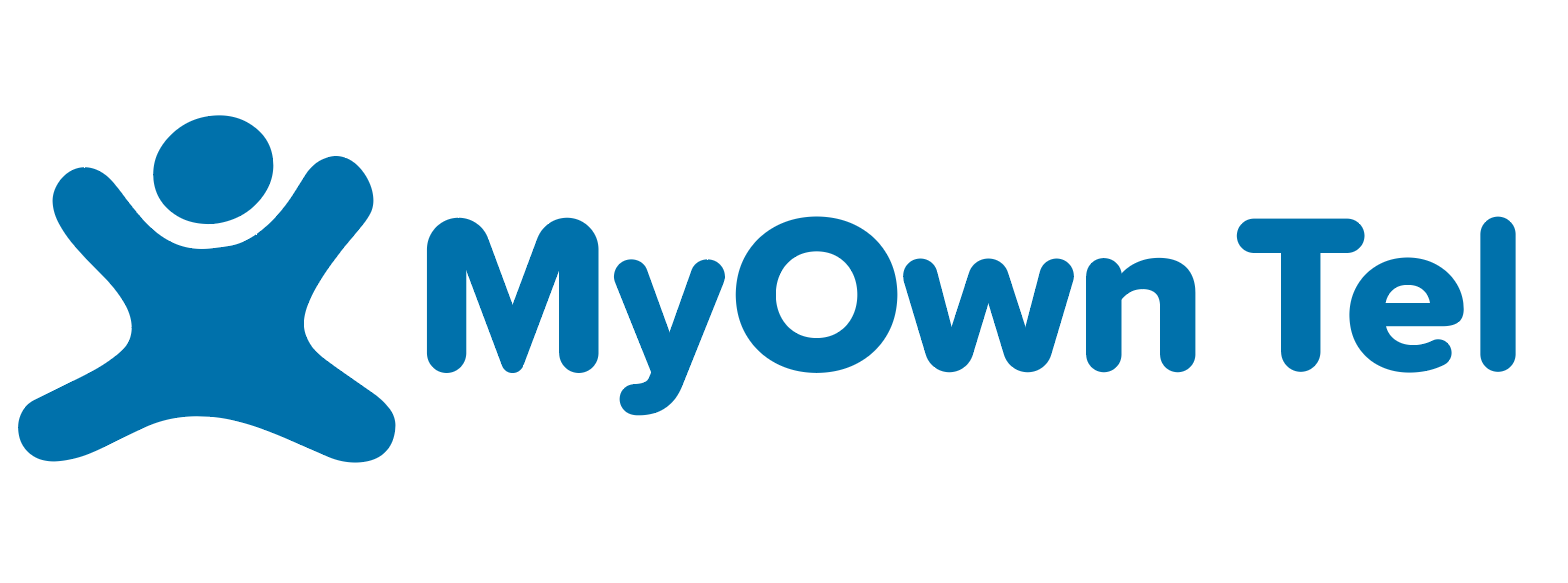Key points
- NBN upload speeds might not be as important as download speeds for most households, but it’s still important for a range of activities.
- Both the NBN 25 and NBN 100 speed tiers offer different upload speeds, depending on the provider.
- Sending emails, uploading to social media, online gaming and video calls rely on upload speeds.
When it comes to the NBN, the focus is usually on download speeds. However, depending on how you use the internet, upload speeds can be just as important. In this guide we take a look at NBN upload speeds and why a good upload speed may be important to you.
On this page:
What is an NBN upload speed?
An NBN upload speed is the speed at which you can upload data and content to the internet, and applies to the second number in your plan’s name or speed tier (for example, the 20 in NBN 100/20). Both of these numbers are measured in megabits per second (Mbps).
Considering most Australian households use the internet for things that typically don’t require huge upload speeds, such as web browsing, social media and streaming services, upload speeds shouldn’t be a huge concern for most people when shopping around for a plan.
However, upload speeds are something to consider if you’re a power user and want to avoid lag. For example if you play a lot of online games, make video calls, live stream, or if you rely heavily on the internet for business.
What activities are impacted by upload speeds?
While download speeds refer to how quickly you can retrieve data from the internet, upload speeds determine how fast you can send data from your devices to the internet.
Uploading includes activities such as sending emails, uploading photos and videos to social media, storing documents and files in the cloud (for example Google Drive), along with online gaming and making video calls.
NBN offers you might like
The following table shows a selection of sponsored unlimited data Standard Plus Evening Speed (NBN 50), and Premium Evening Speed (NBN 100) plans on Canstar Blue’s database with links to referral partners..
 |
1 Month Contract (1 month min. cost $72.99) Typical evening speed of 100Mbps
|
Unlimited Data/month |
$72.99 Cost/month |
Go To Site |
 |
1 Month Contract (1 month min. cost $80.00) Typical evening speed of 500Mbps
|
Unlimited Data/month |
$80.00 Cost/month |
Go to Site |
 |
1 Month Contract (1 month min. cost $75.00) Typical evening speed of 100Mbps
|
Unlimited Data/month |
$75.00 Cost/month |
Go to Site |
Unlimited Home Standard (NBN 50) Plans
The following table shows a selection of published unlimited NBN 50 plans on Canstar Blue’s database, listed in order of standard monthly cost (excluding discounts), from the lowest to highest, and then by alphabetical order of provider. Use our comparison tool above to see plans from a range of other providers. This is a selection of products with links to referral partners.
Unlimited Home Fast (NBN 100) Plans
The table below shows a selection of published unlimited NBN 100 plans on Canstar Blue’s database, listed in order of monthly cost, from the lowest to highest, and then by alphabetical order of provider. Use our comparison tool to see plans from a range of other providers. This is a selection of products with links to referral partners.
What is a good NBN upload speed?
A good upload speed can reasonably be considered 5Mbps or higher for most homes, although this really depends on the NBN speed tier you’re paying for and what you need from the NBN. For a budget plan, 5Mbps is good, but if you are paying for a faster plan, you should be aiming for around 20Mbps or higher.
You can test your NBN upload speed, as well as download speed, by running an internet speed test in your browser. You can use our free speed test tool to check your internet speed.
Good NBN upload speeds go hand-in-hand with good download speeds, in that if you’re paying for a good download speed, you’ll also be paying for a good upload speed.
Unfortunately, you can’t separate your upload speed from your download speed and create a plan tailored to your needs. Although, you can get plans that have higher than normal upload speeds from some providers.
For example, NBN 100 plans come with upload speeds of either 20Mbps or 40Mbps, depending on your choice of plan and provider. Both options feature downloads of up to 100Mbps, but plans with a slower upload speed of 20Mbps tend to be slightly cheaper than NBN 100/40 plans.
If downloading and streaming is important to you, but you’re not regularly sending or uploading large files or data, you’re probably better off on an NBN 100/20 plan, rather than paying more for NBN 100/40. NBN 25 is also available with different upload speeds, depending on your provider.
If you’re interested in seeing what upload speeds look like on different speed tiers, here’s how long it would take to upload a five-minute 1080p video (typically 100MBs) to the internet at different speeds:
| NBN Speed Tier | Maximum Upload Speed | Est. 100MB upload time |
|---|---|---|
|
NBN 12 |
1Mbps |
14 minutes |
|
NBN 25 |
5Mbps or 10Mbps |
3 minutes or less |
|
NBN 50 |
20Mbps |
41 seconds |
|
NBN 100 |
20Mbps or 40Mbps |
41 seconds to 20 seconds |
|
NBN 250 |
25Mbps |
33 seconds |
|
NBN 1000 |
50Mbps |
16 seconds |
Keep in mind that your experience will likely be different and that these NBN upload speed estimates are measured at the maximum upload speed of each plan. Speeds are also likely to vary depending on the website you’re uploading to.
NBN plans with good upload speeds
You’ll find more expensive plans feature the best upload speeds, and also the best download speeds. Below is a table of NBN 50 and NBN 100 plans, which offer top theoretical upload speeds of between 20Mbps and 40Mbps.
The following table shows a selection of published cheap NBN 100 plans on Canstar Blue’s database, listed in order of standard monthly cost, from the lowest to highest, and then by alphabetical order of provider. Use our comparison tool to see plans from a range of other providers. This is a selection of products with links to a referral partner.
The following table shows a selection of published cheap NBN 50 plans on Canstar Blue’s database, listed in order of standard monthly cost, from the lowest to highest, and then by alphabetical order of provider. Use our comparison tool to see plans from a range of other providers. This is a selection of products with links to a referral partner.
What is the best NBN upload speed?
The best NBN upload speed in Australia you can theoretically achieve is 50Mbps, although to get anywhere near this you’ll have to splash out on an NBN 1000 plan. But like NBN 250, it’s a speed tier not available at all addresses, and only possible with certain NBN connection types. Although if these speeds are available to you, they’re certainly worth checking out.
The following tables show a selection of unlimited Home Superfast (NBN 750) plans on Canstar Blue’s database listed in order of standard monthly cost, from lowest to highest. Use our comparison tool to see plans from a range of other providers. This is a selection of products with links to a referral partner.
The following tables show a selection of unlimited Home Ultrafast (NBN 1000) plans on Canstar Blue’s database listed in order of standard monthly cost, from lowest to highest. Use our comparison tool to see plans from a range of other providers. This is a selection of products with links to a referral partner.
NBN upload speeds compared
The ACCC releases quarterly reports on internet performance data about download and upload speeds. As of December 2024, the fastest performing provider for NBN upload speeds is Exetel, sitting at an average of 92.4% of optimal performance during peak hours (7pm to 11pm, Monday to Friday). You can check providers and their performance in the latest findings below.
| Provider | Average upload speed performance |
| Exetel | 92.4% |
| Dodo & iPrimus | 90.7% |
| Telstra | 90.6% |
| Leaptel | 90.1% |
| Launtel | 89.9% |
| Superloop | 89.6% |
| Optus | 89.2% |
| Vodafone | 89.0% |
| TPG | 87.9% |
| Aussie Broadband | 86.3% |
| iiNet | 86.3% |
Source: ACCC NBN speed report, December 2024.
Is my NBN upload speed important?
Anything that involves loading data onto the internet is affected by your plan’s upload speed. But there’s no need to have a super-fast upload speed, unless you need it for work, or just take fast internet connections very seriously! So while having a super-fast upload speed is great, it’s not essential.
Is my NBN upload speed too slow?
If you run a speed test, and your NBN upload speed is underperforming compared to what your plan offers, you might have issues with your home internet. Therefore, it might be worth investigating why your internet is slow, or you could consider changing to a better performing NBN provider.
Usually for NBN upload speeds, it’s fair to expect your speed to be within 5Mbps of the top possible speed on the plan. For example, an upload speed of 17Mbps on an NBN 50 plan (which offers upload speeds of 20Mbps) is about right. If your upload speed is well below the top speed, it’s worth finding out why:
- Devices connected to your home internet could be uploading without your knowledge, and causing slower speeds for other devices, so try disconnecting devices to narrow down the culprit.
- Your router or modem-router could be faulty or not capable of providing faster upload speeds.
- Network congestion could be causing slower speeds. In which case, try uploading content outside of busy network periods. The busiest times are usually 7pm to 11pm weekdays.
- Your NBN connection type could be too slow for your uploading needs.




Share this article